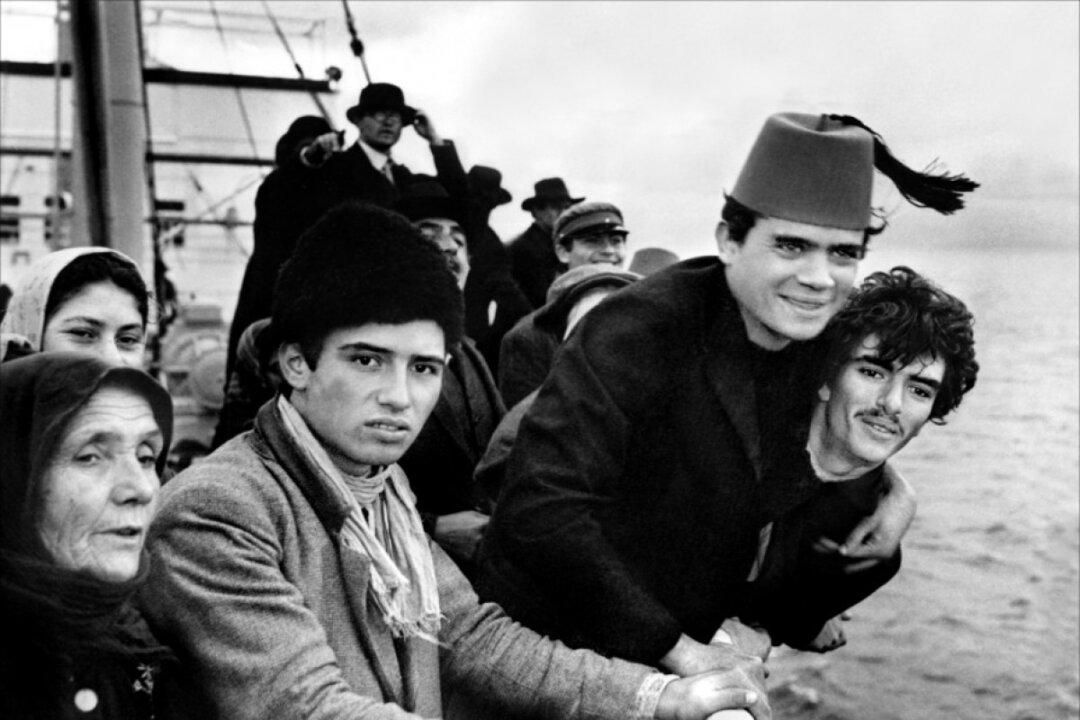NR | 2 h 54 min | Drama, Biopic | 1963
Producer-screenwriter-director Elia Kazan’s impassioned two-minute voiceover introduction sets the context for his thoughtful film, loosely based on the life of his Greek uncle (Stavros on screen): “My name is Elia Kazan, I am a Greek by blood, a Turk by birth, and an American because my uncle made a journey.”





